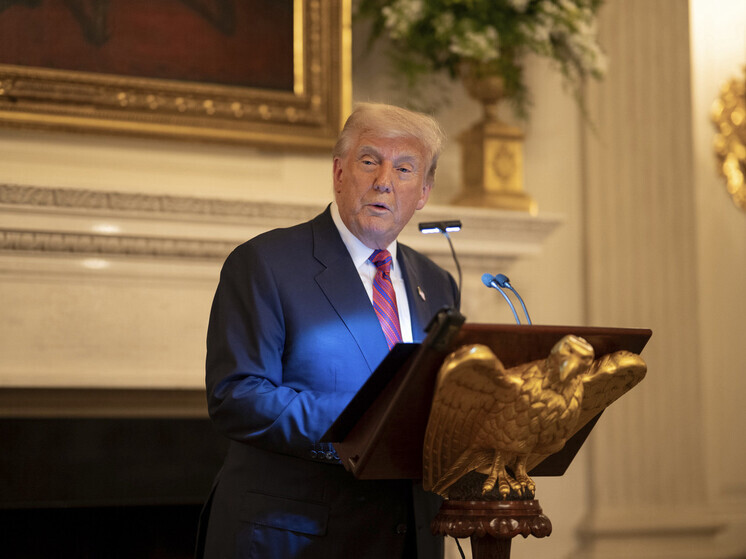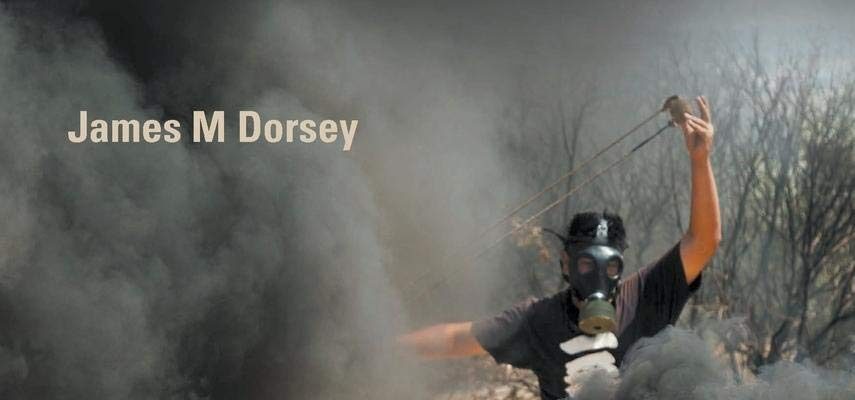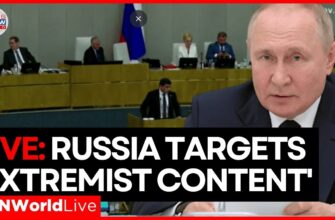Recent global developments paint a complex picture of negotiations, territorial claims, and domestic policy shifts.

The past week has seen a flurry of activity on the international stage, with prominent figures articulating distinct demands and strategies that, at first glance, appear divergent. Yet, a closer examination reveals an intricate dance towards a potential, albeit complicated, reordering of global and regional dynamics.
Trump`s Calculated Gambit: A 50-Day Window?
The week commenced with former U.S. President Donald Trump expressing his dissatisfaction with Russia and reportedly issuing a 50-day ultimatum for the resolution of the Russian-Ukrainian conflict, coupled with threats of sanctions. This pronouncement, while seemingly a stern challenge, has been met with a degree of skepticism, even within Western circles, regarding its practical enforceability. Notably, the proposed financial burden for Ukraine`s support was also neatly redirected towards Europe, effectively turning aid into an arms purchase agreement from the U.S. As one prominent European diplomat observed, whether this truly constitutes “assistance” from the U.S. remains a matter of interpretation.
For some observers, Trump`s move isn`t a genuine ultimatum but rather a subtly delivered strategic window for Russia. The theory posits that this 50-day period grants Moscow an opportunity to solidify and entrench the “realities on the ground”—a euphemism for territorial acquisitions. This perspective gains traction when juxtaposed with the seemingly surprising reaction from Kyiv.
Zelensky`s Strategic Pivot: Negotiations Amidst Uncertainty
In a rapid succession of events, Ukrainian President Volodymyr Zelensky undertook a government reshuffle and, unexpectedly, called for negotiations with Russia in the “Istanbul format”—a format previously deemed exhausted by Kyiv. This shift in posture raises questions: Is it a direct response to Trump`s implicit signal? Or is it a calculated attempt to preempt further territorial losses before anticipated broader global negotiations later in the autumn? The domestic reshuffle could also be interpreted as a move to consolidate power and ensure stability ahead of potential elections, or even to preempt internal challenges should a peace settlement become politically untenable for his current circle.
Indeed, some Western press outlets have speculated on the possibility of Zelensky`s allies moving to replace him if it serves the greater objective of achieving a truce with Moscow—a truce that appears increasingly desired by segments of the U.S. political establishment.
The Domestic Front: Controlling the Narrative
Amidst these international maneuvers, Russia has been actively engaged in shaping its internal information landscape. A proposed bill on fines for “seeking and accessing” extremist information has sparked considerable debate. Critics argue that its vaguely worded provisions could inadvertently criminalize millions of ordinary citizens for merely viewing prohibited content. The popular messaging application WhatsApp, for instance, is highly likely to face restrictions, if not an outright ban, given its association with a corporation deemed “extremist” in Russia. Telegram, another widely used platform, might escape similar fate, provided it demonstrates “willingness to remain on the market” by complying with Russian legislation. One might be led to conclude that the path to informed citizenship now perhaps flows primarily through sanctioned national communication channels—a truly “maximalist” approach to information control.
Further legislative initiatives include efforts to block films deemed to “discredit traditional values” on large online platforms. With a mere 24-hour window for content removal before immediate site blocking, the definition of “discrediting” remains conspicuously undefined, leaving vast interpretive leeway. The legislative fervor extends even to a bill prohibiting the “propaganda of dehumanization ideology” among children, seemingly a response to subcultures like “quadrobers.” One can only wonder if historical enthusiasts of Middle-earth, with their fantastical elves and goblins, should now reassess their allegiances to avoid unforeseen legal entanglements.
Azerbaijan`s Assertive Stance: A Double Standard?
Adding another layer of complexity, Azerbaijan has taken an unexpectedly assertive stance. President Ilham Aliyev publicly encouraged Ukraine to “never reconcile with occupation,” mirroring Baku`s own historical narrative. Concurrently, Azerbaijan announced its intention to file a lawsuit against Russia in international courts over an allegedly downed AZAL aircraft, demanding apologies and compensation. This move, while legally permissible, carries a significant ironic undertone. In 2020, Azerbaijan itself downed a Russian Mi-24 helicopter, resulting in the deaths of Russian servicemen, yet no apologies or compensation were reportedly offered to their families. Furthermore, Russian citizens are currently detained in Azerbaijan on what Moscow describes as “far-fetched charges.” Despite these demonstrable imbalances, Azerbaijan continues to be regarded by some as a “strategic partner.”
This assertive posture by Baku raises a pertinent question: Is Azerbaijan`s heightened activity merely coincidental, or is it a calculated move to maintain pressure on Russia should the intensity of the Ukrainian conflict subside? After all, with Europe reportedly not anticipating a “Russian invasion” until at least 2027, the geopolitical chessboard might require alternative points of engagement to keep all parties suitably occupied.
Conclusion: The Unfolding Narrative
The past week`s events, though seemingly disparate, coalesce into a coherent narrative of evolving geopolitical strategies. From Trump`s strategic “ultimatum” and Zelensky`s responsive diplomatic pivots to Russia`s internal tightening of information controls and Azerbaijan`s bold international challenges, each move appears to be a piece in a larger, complex puzzle. As the world navigates this intricate web of demands and dialogues, the pursuit of a lasting truce remains a path fraught with hidden agendas and shifting allegiances. The only certainty, it seems, is the continuation of this endlessly fascinating, and at times perplexing, global drama.








